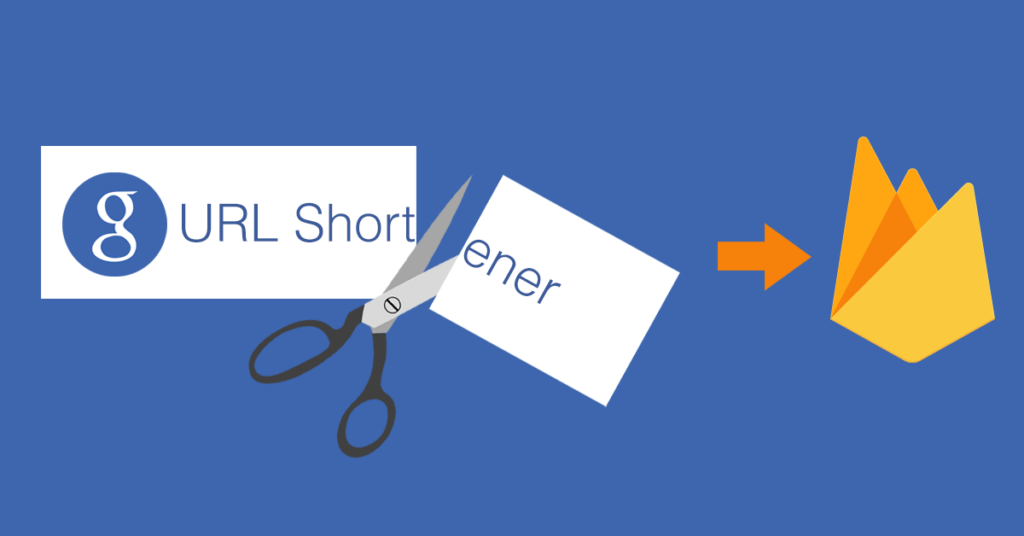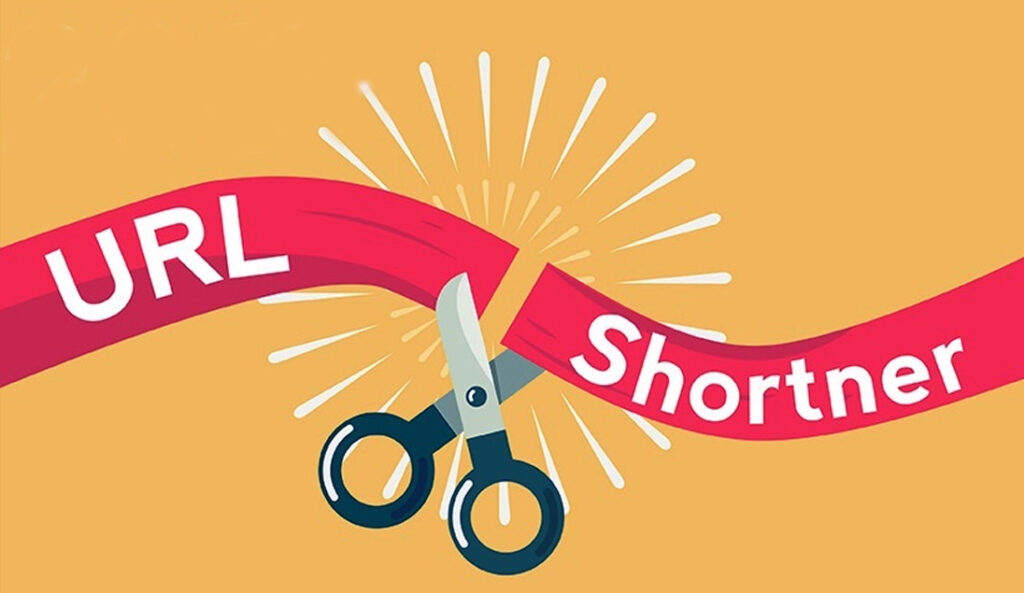If you’ve ever copied and pasted a link onto your social media profiles, you’ve probably had one thought: That looks so ridiculously long. This is where URL shorteners come in. A URL shortener does precisely what you think they do. They take long, sloppy URLS and make them shorter and easier on the eyes. URL shorteners are not new – TinyURL has been around since 2002. But their popularity has skyrocketed with the rise of Twitter, which only allows for 140 characters in any message. In this article, we would like to give you some benefits of having a shortened URL, as well as some notes on when to use it properly.
What is a URL shortener?

The definition of URL shortener
The term “URL” is an abbreviation for Uniform Resource Locator — also known as a link or web address. A URL shortener is a tool that takes a full-length web link and compresses this web address into a shorter URL. Link shorteners aren’t new; they’ve been widely used for many years. These tools gained popularity among Twitter users when the social network limited tweets to just 140 characters. Twitter’s character count and link policies have since changed. Users can now tweet up to 280 characters, and links are always counted as 23 characters. However, compressing URLs remains a best practice for content distribution across social networks and other channels.
What are the benefits?
Distributing your content on social media and other channels can help you drive traffic to your website. Here are some general benefits that a URL shortener can contain:
1. It offers the ability to track the performance

Track performance using a URL shortener
Most URL shorteners provide analytical data. All shortened goo. gl links do so, and this information is easily accessible. But wait — why should you care about this? By tracking the success of links, a business can understand what their audience is engaging with and adjust their strategies accordingly. What are people clicking on? What are they passing by without a second glance? These analytics are an excellent way to find patterns of behavior and determine what your audience wants (and doesn’t want) to see.
2. They use fewer characters

A fewer characters are used by a URL shortener
When it comes to Twitter especially, saving every possible character is critical. Getting your message across in 140 characters or less can feel like rocket science at times. Now try doing it with a link that is 75 characters long. Seriously. Try it. It‘s nearly impossible. Also, consider that the optimal tweet length is somewhere around 110 characters and you can see the problem. Using a URL shortener leaves you more space to get your message across and also add important elements like hashtags. The URL shortener help describe the content, yet it’s not lengthy and is easy to share on emails, web pages, and especially on social media services like Facebook and Twitter.
3. URL shorteners can be transformed into social media services
There was a good piece that discussed how bit.ly could launch its own version. While this may or may not be bit.ly’s eventual goal, it’s clear that the data that URL shorteners can accumulate, coupled with the rise of short URL sharing on Twitter and other websites, could amount to some innovative social media services that display popular links, rank domains, and act as a filter or aggregate of social media content. URL shorteners, in their own way, work as aggregates of information. This can lead to some useful mashups and innovations in how people share and digest content.
4. People are used to it
When it comes to URL shorteners, joining the majority makes complete sense. Shortened URLs have become so common that most people don’t even pay attention to them. However, an unshortened URL sticks out like a sore thumb and some readers might even consider it unprofessional and sluggish.
5. It leads to a higher CTR (Click Through Rate)

URL shortener that can boost CTR
People are used to seeing shortened links on social media. Due to this, using shortened links will increase your click-through rate. It’s one of the simplest changes you can make to your posting strategy in order to increase its effectiveness. Not convinced? Try it out yourself and check the analytical data! See, being able to track your shortened link’s success is already coming in handy.
When should we use a URL shortener?
Now that we know the main benefits of having a URL shortener for your website. Obviously, there is a cost to opening up a new browser window, plugging in the name of your favorite URL shortener, and copy-pasting a new link in, just to share it once. For example, maybe you send out 100 tweets linking to curated content each month. This is content that points followers to some of your favorite industry resources. Did anyone like that content? You can find out simply by checking the stats in your URL shortener. You’ll be able to easily spot your top performers. Here are some situations in which you should and shouldn’t use a URL shortener:

When to use a URL shortener?
You should use a URL shortener when:
- When posting a link across multiple sites on the web. As discussed earlier, it’s a lot easier to track and change one link in one place, rather than hunt down all versions of it posted across your marketing channels and make the necessary changes. And that’s assuming you can even make those changes.
- You should use short links in all social profile bio’s – for the same reason.
You should not use a URL shortener when:
- When linking from one page of your own site to another. Especially if you are using anchor text – which you should almost always do. There’s no need for additional tracking here, as you should be able to see your results clearly in Google Analytics.
- When sending an email or chat message to friends. There’s no need to shorten your link. You can embed the link in anchor text or paste it right in there. Your friend trusts you, so there is no need to worry about them not clicking due to a funky-looking or lengthy URL.
Conclusion
That may sum up some of the main benefits of having a URL shortener and some situations when you need to use a URL shortener. When it comes to social media, shortened URLs are the only kind of URLs. If you’re not already using them, it’s definitely time to start. We – MageSolution offers the best Magento Website Development service. For more information about us, you should check it out at MageSolution



